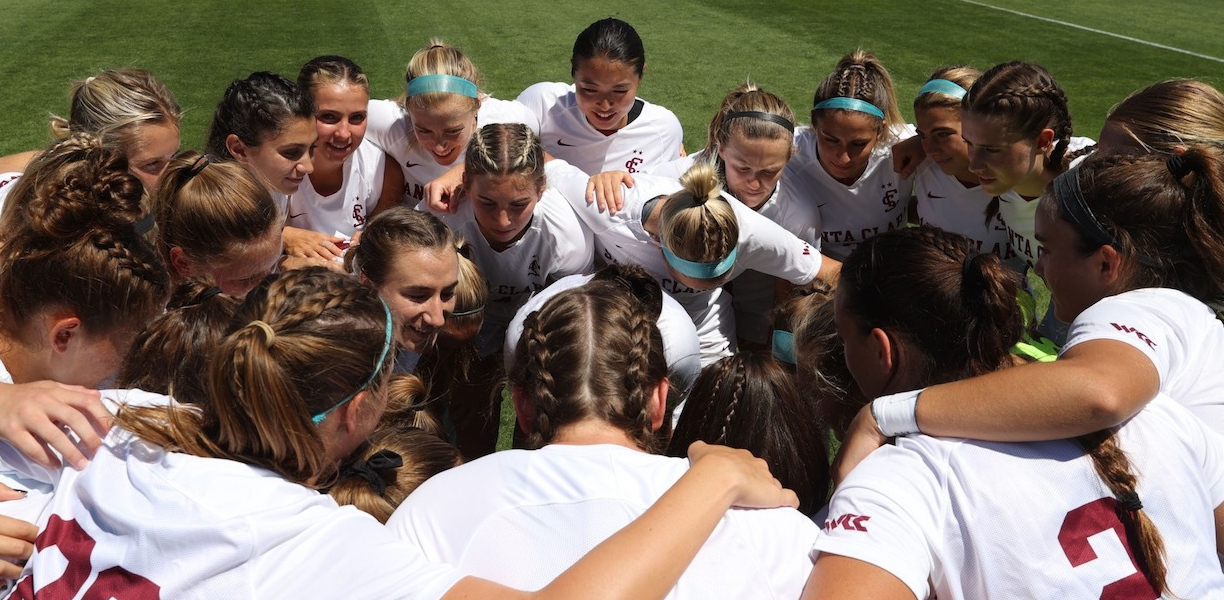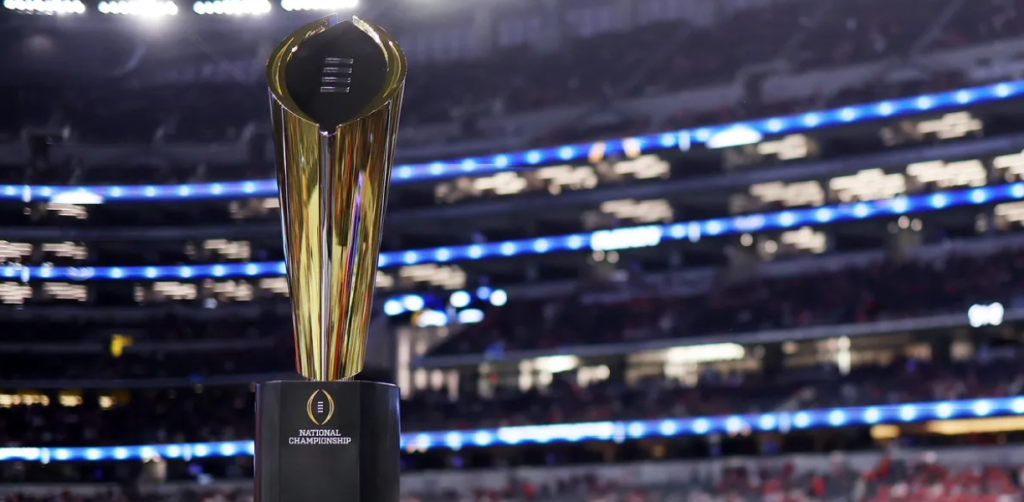At Santa Clara University, Dr. Tyler Webster, Associate Athletic Director for Counseling and Sports Psychology, is helping redefine how student-athletes access and apply mental-performance training.
Working with 18 collegiate teams and and over 450 athletes, Webster and her colleague Dr. Riley Gee have built a model that blends in-person support with scalable digital delivery.
“We are very intentional in getting in front of every single team at the start of the year,” Dr. Webster told The Mind’s Eye Podcast.
“And we know that after every team presentation we do, we get 10 people reaching out to us. And thankfully, if folks have a good experience, then we get other teammates reaching out.
There’s a lot of desire and excitement around performance and doing more working toward optimal performance.
“And that’s where Riley and I are trying to find that balance of managing a caseload and trying to be as open with our clients as we can about the cadence that we’re able to provide and balancing those team needs and those performance needs.”
How OMP Has Helped
That’s where Optimize Mind Performance has become a key partner.
Santa Clara has been using OMP’s platform with their Division I athletes since September 2024.
“In all those team meetings that we started the year with, we onboarded every student-athlete,” she said.
“We’ve built out a way where we can send content every week so that we know where everybody’s getting something weekly.
“And then when we have our team meetings, we’re trying to expose people through the app of different content and we’ll use it, telling them, ‘Hey, if you liked this, go back on and check other things out.'”
“Mental performance stuff like goal setting or updated goal setting or checking in on team values or just different tools that we’re starting to use, and I can schedule those out early, which is nice.
“It doesn’t take time out of the day where I have to be in front of people necessarily doing it. I can follow up instead when it works. So that’s been a huge thing.”
Ethical Approach
For Webster, OMP’s performance-based design not only addressed scalability but also aligned with her ethical approach to athlete care.
“I’ve always been a little hesitant around apps that are supporting mental health or use AI or something like that,” She said.
“But the opportunity to have something that was performance-based was speaking to a need that because of the high caseloads, it (OMP) was something that we could really benefit from.
“I do think, it’s hard when we’re always demanding athletes come to us. So, there was something about going where they were, which is on their phone, to have an ethical mode where students could engage with us when and how they wanted.
“And they can make that choice and we’re providing something that they could have access to, that felt really good, too.”
Anytime Anywhere
That accessibility—delivering mental-skills content directly to athletes on their phones—creates what Webster calls a “harm reduction” benefit.
“If they’re spending five minutes doing a breathing exercise that teaches them how to slow down and not scrolling on a social media site, win… at least they’re doing something helpful on their phone.”
Through a combination of proactive education, weekly digital delivery, and a deep understanding of student-athlete demands, Santa Clara’s approach models what scalable, ethical mental-performance support can look like in college athletics today.
OMP isn’t replacing the counselor’s office—it’s extending it, meeting athletes where they are and empowering them to take ownership of their own mental game.
Want to see how OMP can help your athletes build stronger mental skills—anytime, anywhere?
Book a personalized demo and discover how programs like Santa Clara are scaling mental-performance support across entire athletic departments.




